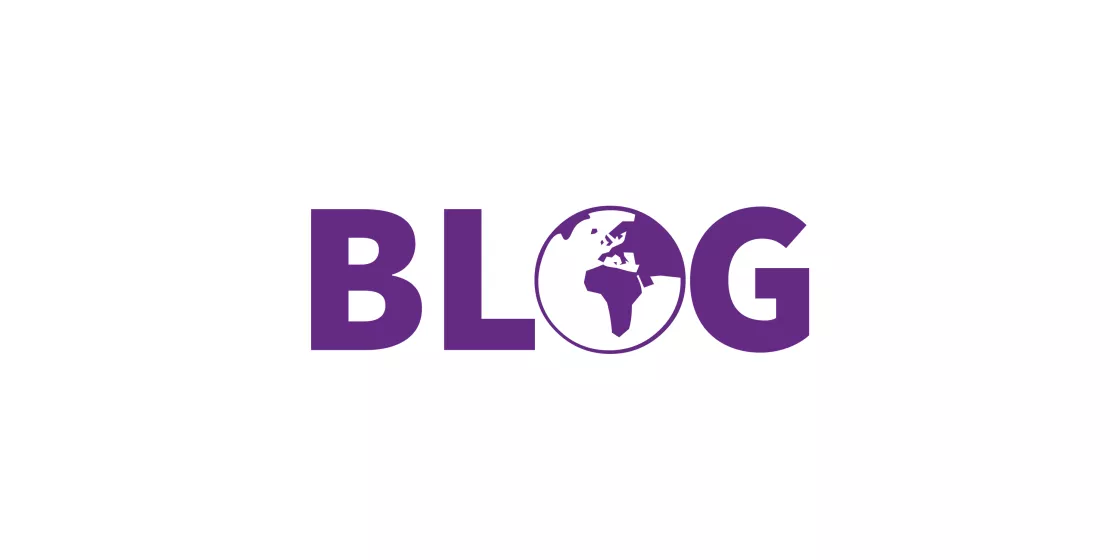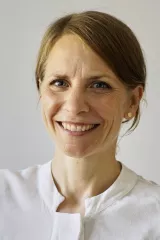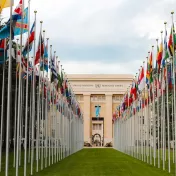The 3rd virtual ExCom meeting will take place in the upcoming week (April 27-30 2021). Although we are over one year in the COVID-19-pandemic and some progresses have been made, the virtual setting still poses some substantive challenges to the discussions and to guaranteeing inclusiveness as well as to the involvement of observers. These include:
- Weak internet connections. These have an affect on the inclusiveness of the meetings and the possibilities of ExCom members (and observers) to adequately participate. In light of rising number of infections, it is increasingly important to find appropriate options for inclusive participation in virtual settings in order avoid slowing down the process.
- Participation from different time zones: It is a huge challenge to find suitable timeslots for people from different regions of the world.
- Adequate observer involvement. Still, participation has been hindered by sharing information very late. Documents, decisions, and reports prepared in pre-meetings should be shared with observers early for this meeting to allow their participation in a discussion of the documents.
Next week, the ExCom will discuss a range of issues like the role of the ExCom in the Global Stocktake or the update of the 5-year-rolling workplan. One of the most important agenda items will be the work of the ExCom Expert Groups as they play a major role in carrying out the activities of the ExComs workplan:
Launch of three Expert Groups in 2020
With long overdue, three new Expert Groups were launched at the last ExCom#12 meeting in October 2020. They will take forward the implementation of ExComs work concerning a) Non-economic losses (NELs), b) Slow-onset events (SOEs) and c) Action and support, including finance. Until now, there is a huge gap and therefore an urgent need to develop concrete approaches how countries can deal with slow-onset climate change impacts and non-economic losses. As well as how to provide the necessary (financial) support for affected countries.
At the last meeting, the Terms of Reference (TORs) were adopted. Decisions about the membership and the experts involved, apart from the ExCom members themselves, have been taken intersessionally. The extent to which the group will be able to provide a tangible contribution to improving the situation of affected countries and tackling the gaps will be dependent on the concrete workplans of the groups.
1) Expert Group on Action and Support, including finance
It is now more important than ever to bring the discussions forward and develop solution strategies on how affected countries can be adequately financially supported in order to address loss and damage (L&D). So far, no specific percentage of Climate Finance is dedicated to L&D and additionally, climate risks are day by day worsening the access to international capital and increase interest rates which often result in higher indebtedness and lower investment. This situation is even aggravated by the COVID-19-crisis.
The Expert Group should also help to address the question of how to fully operationalise the third function of the Warsaw International Mechanism (WIM) on enhancing Action and Support. It shall offer scope for discussions on means and ways to leverage (additional) financial support for developing countries in dealing with unavoidable losses and damages.
The workplan of the Expert Group should consider the following issues:
- Go beyond the mapping of exiting sources and funding. As the urgent need for additional support has been proven suffice, efforts should be made to improve the situation.
- Identify and assess the finance gaps in an annual stocktake of national L&D finance needs (supporting the countries in this effort, e.g. through the Santiago Network on L&D) and the funding available through a L&D finance gap report. A strong link to the Standing Committee on Finance needs determination report should be provided and the close cooperation between both bodies strengthened.
- Analyse and map potential financing approaches for L&D, including innovative sources that may generate additional resources and analyse potential experience of implementation.
- Test financing approaches and implementation methodologies against the human-rights-based approach.
- Address the double affectedness of climate impacts and indebtedness (climate risks increase the cost of capital for countries resulting in higher indebtedness and lower investment).
- Analyse possibilities for financing L&D within the existing UNFCCC architecture and institutions or the need for new institutions.
2) Expert Group on Slow Onsets Events (SOE):
There is still a huge gap in approaches to tackle losses and damages due to slow-onset processes. The review of the Warsaw International Mechanism undertaken back to back with COP25 in Madrid in 2019, revealed the estimation that so far “[t]here has been no particularly impactful activity on the slow-onset event activities”[¹]. The review identified specific gaps that need to be addressed when taking the work of the Expert Group forward.
The Expert Group should consider the following issues in its workplan:
- Identify and analyse methods and instruments that can assess loss and damage due to slow-onset processes to improve the risk assessment.
- Identify adequate measures to address L&D from slow-onset processes, including financial risk management measures.
- Explore and use linkages between the workstreams on non-economic losses and slow-onset events.
- Develop a mechanism for technological support specifically to enhance resilience and plan for risks associated with slow-onset events and non-economic losses.
3) Expert Group on Non-economic Losses (NELs)
Non-economic losses can result from impacts of extreme weather events as well as of slow-onset processes. This can be understood as “the losses of resources, goods and services that are commonly traded in markets”[²] and materialise in manifold ways: It incorporates loss of culture, loss of health, loss of territory among others. Even if the losses are non-economic, it does not mean that measures to address those losses do not need any funding.
Based on the WIM Review in 2019, a number of concrete gaps have been identified, the Expert Group should consider when developing the workplan:
- Strengthen terminology: better explore what non-economic losses encompass.
- Develop technical guidance on non-economic losses e.g. regarding quantifying NELs.
- Explore and use linkages between the workstreams on non-economic losses with slow-onset events, displacement and Action and Support.
- Develop a mechanism for technological support specifically to enhance resilience and plan for risks associated with slow-onset events and non-economic losses
The 13th ExCom meeting should decide upon concrete steps to develop workplans as well as define concrete activities of the three Expert Groups in order to close the existing gaps and provide the urgently needed support for affected countries and people.
[¹] UNFCCC 2019: Compilation of Key Points from WIM Review Event Breakout Group Discussions
[²] UNFCCC 2013: Technical paper on non-economic losses in the context of the work programme on loss and damage
This blog was created in cooperation between Bread for the World and Germanwatch.







